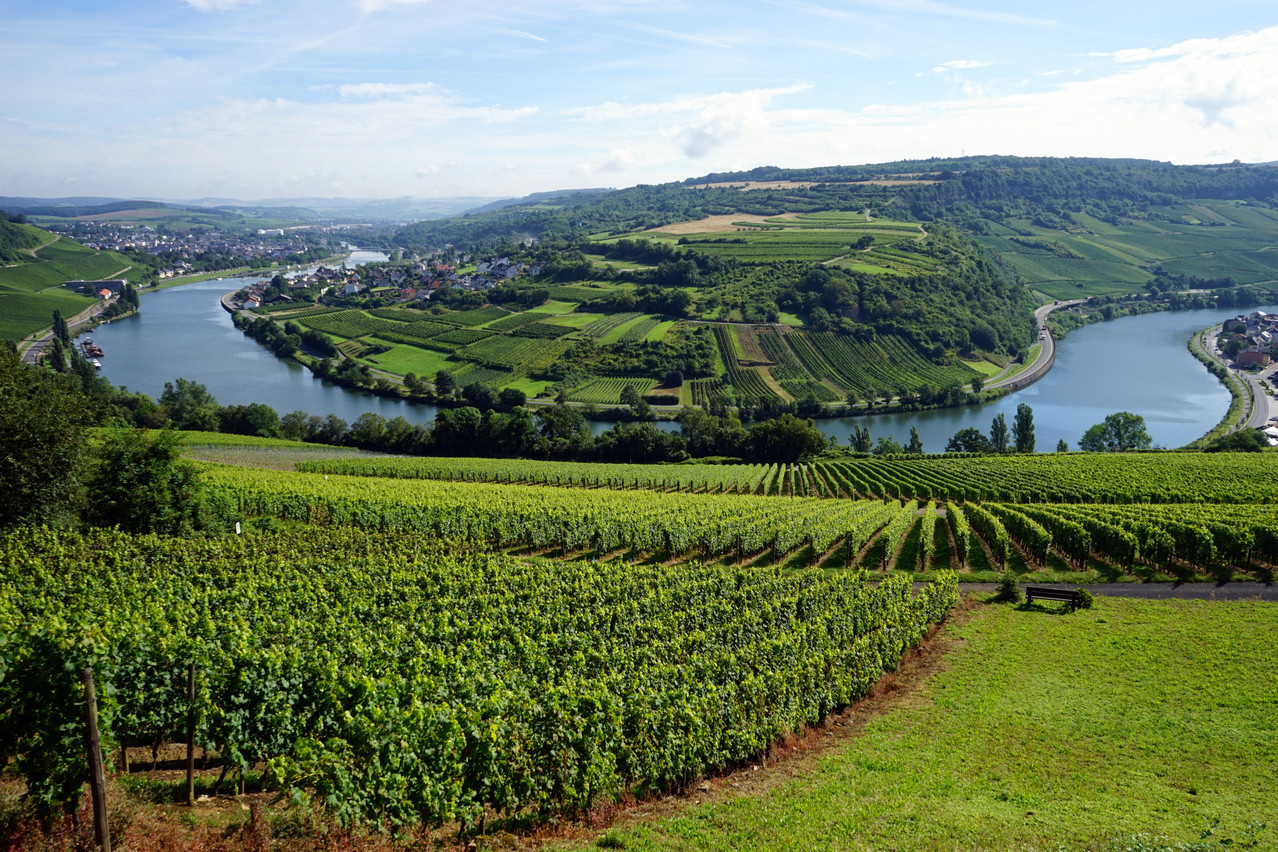On 31 December, AgriMeteo, the national meteorological service of agriculture ministry, published its report on the weather in Luxembourg over 2021.
In March, a record-breaking 25.4ºC was recorded in Clemency, the warmest spring day since reporting began. In April, minus temperatures swept over the country at night, due to polar air masses. June was hotter than usual, while July was particularly marked by the floods--labelled a natural disaster--that tore through the country. Throughout the months, the weather was not what it was supposed to be, as the report shows. Too dry in September and November, too cold in August and October, the year was marked by variations.
In June, the higher than usual temperatures led to local storms and excessive rain in some parts of the country, while in August, lower temperatures and precipitation levels were recorded.
The measurements collected by 32 meteorological stations across the country also noted that December was glacial ahead of Christmas, only for temperatures and rain to increase over the last week of the year.
A good year for grapes
Despite the floods and fluctuations, AgriMeteo stated that “the late frosts (that lasted until May, editor’s note) left their mark on orchards and vineyards, but the damage caused varied according to the location of the orchard and the earliness of the varieties and vines grown. In terms of fruit and wine growing, the harvest was generally satisfactory, both in terms of quantity and quality of the fruit and grapes harvested.”
The floods in July caused €1.65m of damage to the agricultural sector, it also said, though the excessive rain contributed to the growth of meadows and pastures, and forage crops such as silage maize. At the same time, the harvest of cereals and rapeseed following the event was disappointing, as per the report.
The colder nights, hot days and drier weather in the Moselle area have, however, positively impacted the harvest of wine grapes in autumn. “The harvested grapes promise a fruity and refreshing vintage with moderate alcohol levels,” AgriMeteo said.
